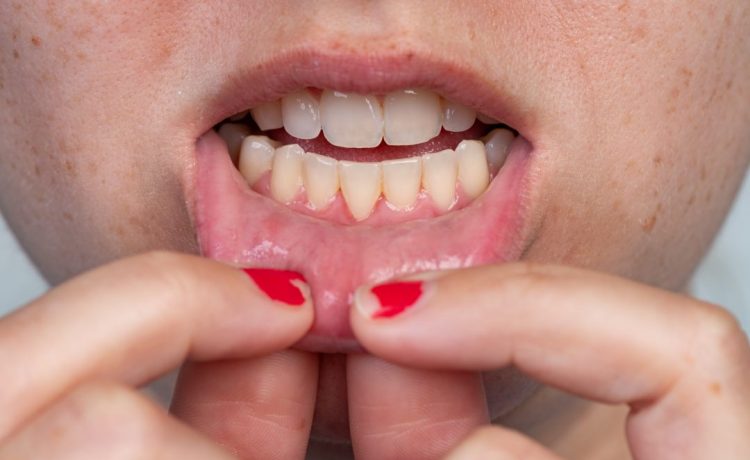Gum recession is a kind of gum disease characterized by the pulling of the gums away from the surface of the tooth, exposing the root. It can lead to pockets between your tooth and gum. Bacteria can stay in these pockets and remain unremoved no matter how take care of your mouth. Usually, you may suffer from tooth decay and tooth loss if you have gum recession.
How Gum Recession Happens
There are many reasons your gums may recede, especially if you are at least in your forties. A dental practice in Powell, TN, can help determine why your gums may be receding and develop a treatment plan for you. Gum recession can occur due to dry mouth, weak gums, family history, ill-fitting partial dentures, hormonal changes, incorrect brushing techniques, medical conditions, brushing the teeth too hard, diabetes, tartar buildup, and others.
How to Know Your Gums are Receding
No matter the cause of gum recession, you must be aware of some signs to catch the problem early. Because a lot of the symptoms are not apparent right away, you must get a regular dental checkup to discover gum recession before it causes teeth damage. If you experience symptoms such as bad breath, exposed tooth roots, bleeding, red, swollen gums, loose teeth, visible gums shaking, and painful gums, you must see your dentist as soon as possible.
Treatment for Gum Recession
The right treatment for you depends on what causes your gum recession. If it results from poor brushing, your dental professional can demonstrate how you should brush your teeth or recommend proper brushing or flossing tools. If your gum recession occurs due to an illness, genetics, or hormonal changes, you may need medications or surgery. Surgical procedures include flap surgery and grafting.
If your dentist discovers an infection, they will prescribe antibiotics. Also, antibacterial mouthwash may help relieve gum recession and ensure your healthy teeth are protected from decay.
How to Prevent Gum Recession
To prevent your gums from receding, you need to use proper toothbrushing techniques and stick to regular flossing habits. These habits are important to prevent the buildup of tartar. Also, you need to get dental cleanings at your dentist’s office every six months. An annual oral examination is also important to prevent gum recession and make sure it is discovered in its early stages. This way, your dentist can take appropriate action to manage or address the problem.







